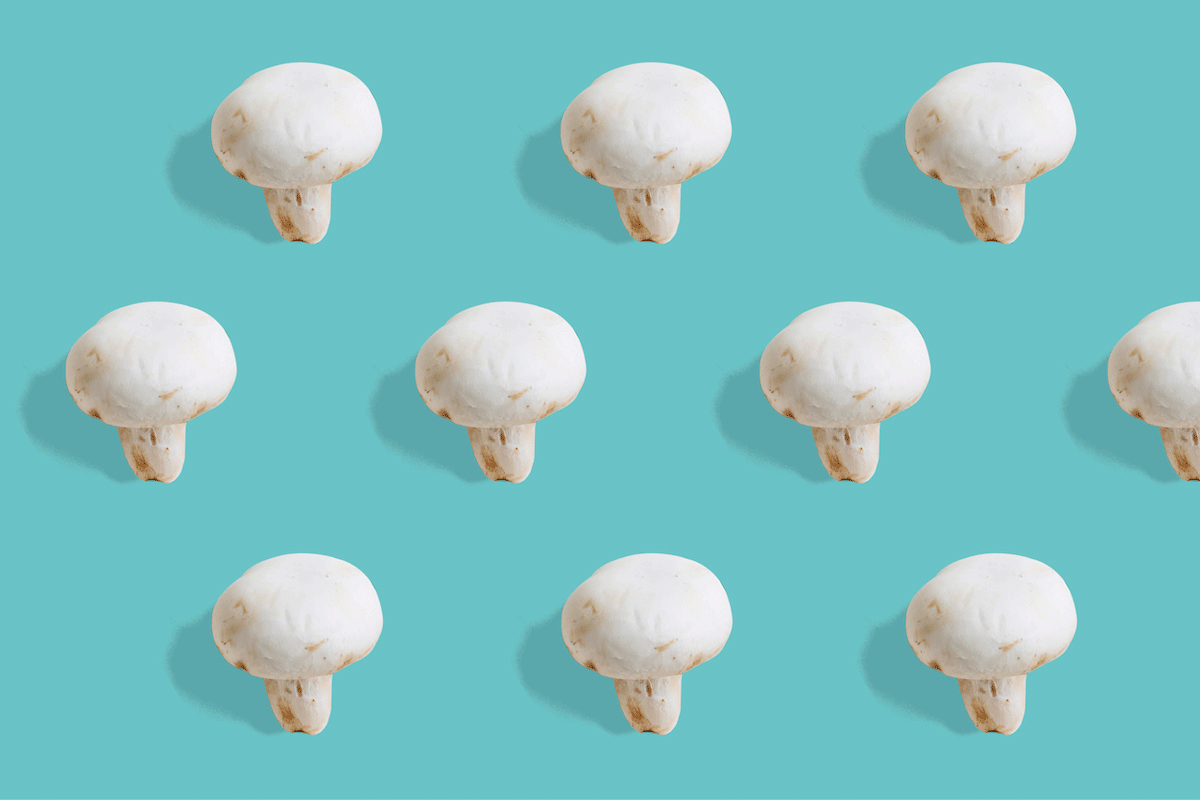Mushrooms are the stuff of fairy tales. They pop up in your garden, the rainforest or the fields almost overnight. Some of them are merely edible, some are a rare delicacy, some can kill you and yet others can make you healthier. There are thousands of varieties, some of which humans don’t even know about yet.
Evolutionarily speaking, funghi, which produces mushrooms as a fruiting body, are more closely related to humans than plants are. This biological proximity allows humans to benefit from mushrooms and how they have evolved to survive and thrive. Many of the components and tactics which mushrooms use to defend themselves against enemies, disease or predators also work on us, as they support and work in tandem with the body’s own defense mechanisms.
Mushrooms are a very legitimate way to improve your health, wellbeing and immune system, and the more we discover about them the more we find of interest.
Mushrooms have been eaten and used as medicine by humans for centuries. The ancient Egyptians believed that eating mushrooms brought long life (and judging by how long the Pyramids have lasted, they know what they’re talking about). Asian countries in particular have been using mushrooms heavily in both their diet and their arsenal of remedies for thousands of years. Chinese medicinal texts show that as far back as 206 BC, reishi mushrooms were being noted for their anti-ageing properties.
How do healing mushrooms work?

All mushrooms contain hefty amounts of beta glucans, which have been proven to help strengthen the immune system and help to fight inflammation. Beta glucans are a type of polysaccharide, or dietary fibre, which are linked to increasing the strength and effectiveness of your immune system, helping heart health and even positively affecting cholesterol levels.
It’s thought that mushrooms also protect against cancers, particularly breast and other hormone-related cancers, due to the fact that they inhibit an enzyme named aromatase which produces estrogen. Additionally, there’s a high number of lectins in mushrooms. Lectins are a type of protein which bind to carbohydrates and can be strongly beneficial. The kind found in mushrooms recognises cancer cells, and helps to prevent them from further growing and dividing.
Health benefits of Shiitake mushrooms
Japan has historically been one of the biggest supporters of medicinal mushrooms. Shiitake mushrooms were discovered to be health powerhouses in Japan in the 1960s, after epidemiologists discovered two remote districts of japan where cancer was practically unheard of. Researchers discovered that the health of the residents was down to the consumption of shiitake mushrooms in that area, which locals both ate and grew as a primary industry. In 1969, the drug Lentinan was extracted from shake mushrooms, and it’s now the third most prescribed anticancer pharmaceutical worldwide. As if that wasn’t enough, shiitake have a delicate flavour and delicious texture, and are packed with other nutrients. Japan accounts for 80% of the world’s shiitake production
Health benefits of Reishi mushrooms
One of the most popular medical mushrooms, reishi can help with weight loss, supporting the immune system and potentially even fighting off cancer cells. It also has significant calming properties and can help to dissipate anxiety, support with depression and go some way to helping you get a good night’s sleep. These great benefits are why we included it in our The Health Protein, which was formulated to boost your health, immune system, and support muscle growth and repair.
Health benefits of Lion’s mane mushrooms
Looking like a huge feathery pom pom, Lion’s Mane mushrooms have some striking characteristics. Found in The Relax Capsules, as well as being stuffed with antioxidants and supporting the immune system this medicinal mushroom can help you to achieve mental clarity and acuity. It helps to increase the production of a nerve growth factor called bioprotein and an insulation around nerve fibres called myelin, both of which are essential to good brain health. Thus Lion’s Mane contributes to improved cognition and concentration and reduces irritability and anxiety. You can get all of these benefits and more in The Relax Capsules, daily nootropic capsules formulated to promote relaxation, improve clarity and reduce stress.
Health benefits of Chaga
The Health Protein is a powerhouse of powerful medicinal mushrooms, containing as it does chaga mushrooms as well as multiple other beneficial ingredients to help you feel, think and perform at your absolute best. Chaga mushrooms, a dark, black mushroom, have multiple benefits to different parts of the body. They may help to stop or slow cancer, they lower the ‘bad’ kind of cholesterol and for all you skincare nerds out there, they’ve been found to help combat oxidative stress, which is linked to skin ageing.
Health benefits of Cordyceps
Also found in The Health Protein, Cordyceps are excellent for when you feel low in energy or need a boost before a workout. It’s known for stimulating the body and making you feel on top of the world. Cordyceps have been shown to improve performance during exercise and to speed up muscle recovery post-workout. Additionally, this mushroom can help the body to use oxygen more effectively, and to enhance blood flow to the body.


















